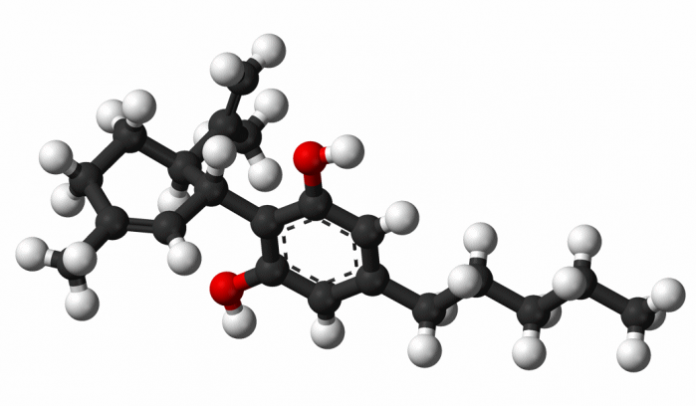
A review of literature on the use of medicinal cannabinoids in children and adolescents reveals growing evidence of their benefit in treating some conditions.
Carried out by Shane Shucheng Wong and Timothy E. Wilens, the systematic review examined 21 articles meeting inclusion criteria that covered 22 studies with a total sample of 795 participants.
The researchers found the strongest evidence for the use of cannabinoids in treating chemotherapy-induced nausea and vomiting, with evidence also increasing in relation to benefits for epilepsy. However, the authors report there was insufficient scientific evidence to date supporting use in treating spasticity, neuropathic pain, post-traumatic stress disorder (PTSD) and Tourette syndrome in children and adolescents. Nothing was mentioned regarding autism.
The authors concluded:
“Additional research is needed to evaluate the potential role of medical cannabinoids in children and adolescents, especially given increasing accessibility from state legalization and potential psychiatric and neurocognitive adverse effects identified from studies of recreational cannabis use.”
An increasing number of parents frustrated with conventional medications are looking to medical cannabis for treating various conditions in their children. Unfortunately, some vendors spruik promising compounds such as cannabidiol (CBD) as a cure-all. While CBD has a good safety profile, it’s not a panacea and acquiring CBD-based products through unofficial channels requires caution. Not all vendors provide good quality products, and some could be potentially harmful if contaminated.
Additionally, there’s the legal aspect. Some parents potentially face prosecution in using these products, depending on the country – but many would perhaps argue it’s a risk worth taking if it helps their children.
“Medical Cannabinoids in Children and Adolescents: A Systematic Review” was recently published in the journal Pediatrics, an American Academy of Pediatrics publication.
The authors acknowledged various limitations in the literature studied, including the majority of studies lacking control groups, limited by small sample size and lack of long-term follow up on patients.
Author Shane Shucheng Wong MD works in the Department of Psychiatry at Massachusetts General Hospital and McLean Hospital.
Timothy E. Wilens MD is Chief, Division of Child and Adolescent Psychiatry; Co-Director, Center for Addiction Medicine and Director, Substance Abuse Services in Pediatric Psychopharmacology at MassGeneral Hospital For Children.
No comments:
Post a Comment